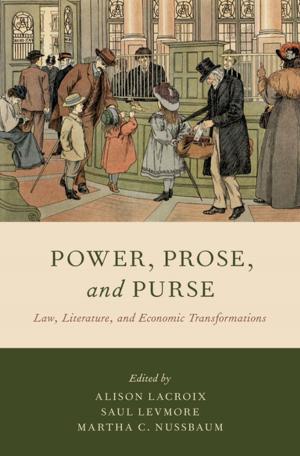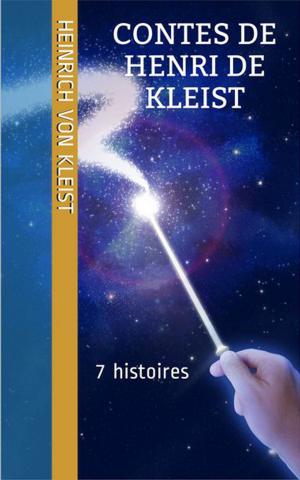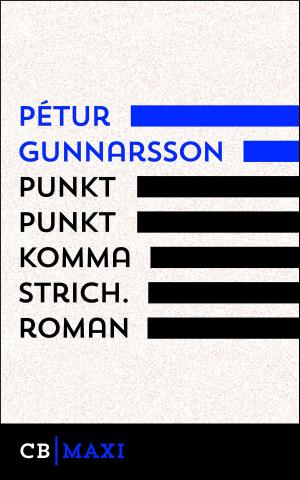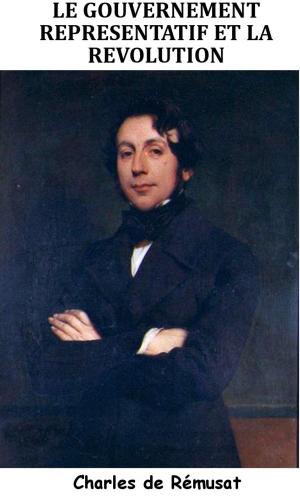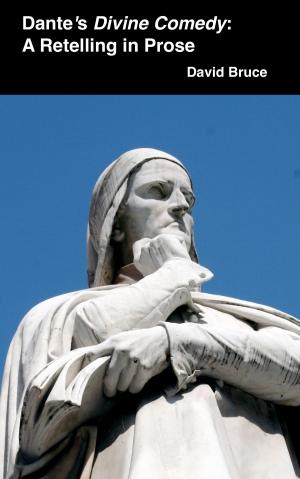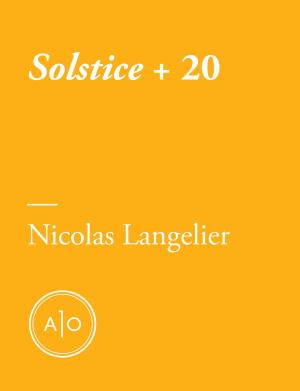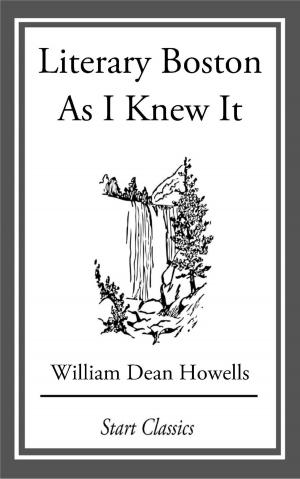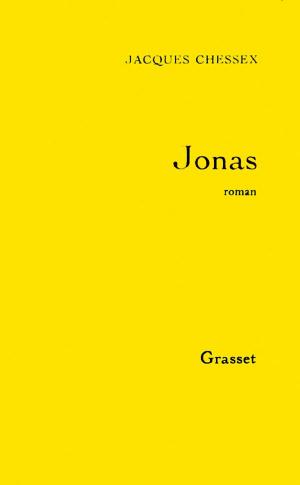| Author: | Jeff Senatra | ISBN: | 9780998506418 |
| Publisher: | Jeff Senatra | Publication: | November 26, 2016 |
| Imprint: | Smashwords Edition | Language: | English |
| Author: | Jeff Senatra |
| ISBN: | 9780998506418 |
| Publisher: | Jeff Senatra |
| Publication: | November 26, 2016 |
| Imprint: | Smashwords Edition |
| Language: | English |
It’s the early 90s in San Francisco, just before the first tech boom, and Blu Moor, a recent transplant to the city, has come in pursuit of artistic dreams. Written in a lyrical, semi-stream-of-consciousness style that often verges more on prose poetry than straight ahead fiction, Meat Tooth is an internal love letter addressed to the girl Blu left behind, and an ode to the city that has captured his heart. We follow Blu through San Francisco haunts as he records his thoughts and impressions, a young writer on the prowl hungry for any experience that will transmute into the wealth of words. Here’s a snapshot of San Francisco that no longer exists. The bohemianism that once reigned during this era, long since faded, is resurrected along with some of the characters that once colored the city, particularly the Mission district. This neighborhood is featured predominantly in Meat Tooth, and one bar in particular there is central to much of the action.
Bypassing traditional plot and chapter structure, the book’s narrative threads together a series of vignettes which, collectively, are meant to form an overall impression rather than tell a linear story. Blu seeks to share his environment through camera-like observations, equally detached from his surroundings while simultaneously interacting with them, as if to telepathically beam them back to his lost love. These observations and experiences, intermingling with memories and personal sentiments, are directed specifically to her, namelessly referred to throughout the book as simply “you”, and the reader is left with the voyeuristic sensation of intercepting these very intimate and immediate messages. On the surface Meat Tooth is a gritty, urban snarl from a wounded barroom poet, but at its tender core, among its explorations of love and sex and dark meditations on life’s underlying truths, it is a document of one struggling to accept his own choices and personal fate, and learning to let go.
It’s the early 90s in San Francisco, just before the first tech boom, and Blu Moor, a recent transplant to the city, has come in pursuit of artistic dreams. Written in a lyrical, semi-stream-of-consciousness style that often verges more on prose poetry than straight ahead fiction, Meat Tooth is an internal love letter addressed to the girl Blu left behind, and an ode to the city that has captured his heart. We follow Blu through San Francisco haunts as he records his thoughts and impressions, a young writer on the prowl hungry for any experience that will transmute into the wealth of words. Here’s a snapshot of San Francisco that no longer exists. The bohemianism that once reigned during this era, long since faded, is resurrected along with some of the characters that once colored the city, particularly the Mission district. This neighborhood is featured predominantly in Meat Tooth, and one bar in particular there is central to much of the action.
Bypassing traditional plot and chapter structure, the book’s narrative threads together a series of vignettes which, collectively, are meant to form an overall impression rather than tell a linear story. Blu seeks to share his environment through camera-like observations, equally detached from his surroundings while simultaneously interacting with them, as if to telepathically beam them back to his lost love. These observations and experiences, intermingling with memories and personal sentiments, are directed specifically to her, namelessly referred to throughout the book as simply “you”, and the reader is left with the voyeuristic sensation of intercepting these very intimate and immediate messages. On the surface Meat Tooth is a gritty, urban snarl from a wounded barroom poet, but at its tender core, among its explorations of love and sex and dark meditations on life’s underlying truths, it is a document of one struggling to accept his own choices and personal fate, and learning to let go.

